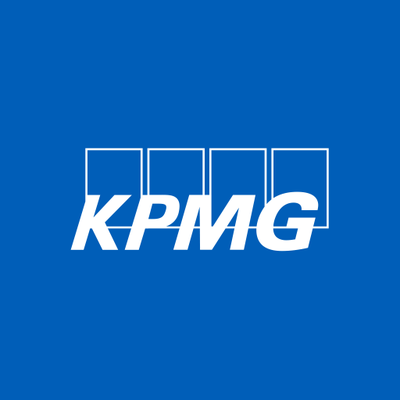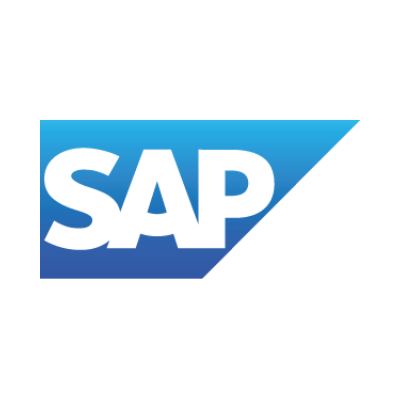Whether it’s your first job interview or your tenth, prepping for an interview—especially for a job you really want—is a stressful experience. It’s hard to anticipate the interview questions you may be asked, which can make preparation a challenging venture. However, there is one aspect of your interview you can prepare for: playing to your strengths. Highlight your talents so employers know the value you will add to their organization.
It may feel bizarre and immodest to brag about yourself, but that is what you need to do during an interview. So how can you identify your strengths? Follow the below tips for guidance on identifying your strengths for an upcoming interview.
Look at your experience
When you’re emphasizing strengths to a prospective employer, the best way to drive your point home is with solid, concrete examples (remember to always get metrics about the activities you do on the job). Think of the work you’ve done, whether in a job or even through projects or activities in school, and what strengths you’ve built through those experiences. Perhaps you were involved with campus government, which allowed you to develop strong leadership skills. Or maybe you wrote for the campus newspaper, where you crafted eloquent feature stories and honed your ability to communicate within a team. If you’ve had an internship in the industry, describe those experiences, what you learned, and how you contributed to the company through your work. Be as specific as you can—say something like, “I pushed for transitioning to a responsive design while on a team tasked with redesigning the website,” rather than, “I was part of a team that redesigned the website’s landing pages.” Providing examples of what you, specifically, contributed, demonstrates to employers that these are strengths you possess and have sharpened through practice—and not just generic interview responses.
Think outside of the box
In an interview, avoid emphasizing generic traits, such as being a hard worker or a team player. These are fine qualities to name, but you should think of a more unique strength you possess, or a more creative way to present a skill. What if everyone else interviewing for this position is also a team player? You want to stand out. Instead of saying you’re a hard worker, say that you take ownership over projects, and list specific examples that illustrate this dedication. Again, specifics are key and can help set your answers apart from vaguer responses. A good way to identify unique traits is to consider your unique skills. For example, you could say, “I am always looking for ways to learn new skills,” and include your software programming experience or French fluency as evidence of this. Think about something you can do that not everyone else can.
Tailor your skills to what the company needs
While it is important to identify a standard set of strengths you possess to touch on at any job interview, it’s equally important to tailor your strengths to each interview. Think of the skills you have and how they would benefit the employer you are interviewing with.
One strategy is to look at the job listing itself. Typically, the listing will include a qualifications section listing the skills necessary to perform the job. How do your skills apply to the job listing? Just as you would list relevant qualifications in your cover letter, think of how your skill set would lend itself to performing those functions, and highlight that in the interview. It’s also important to not oversell yourself on skills you don’t have, which could become an issue if you do in fact get the job.
An interview can feel overwhelming, but the best preparation is preparation. Make identifying your skills an important part of that preparation. You know yourself, your skills, and your academic history—just do a bit of introspection.
Catherine Martin is a contributing writer for UniversityTutor.com, the world’s largest global marketplace for finding independent tutors.






